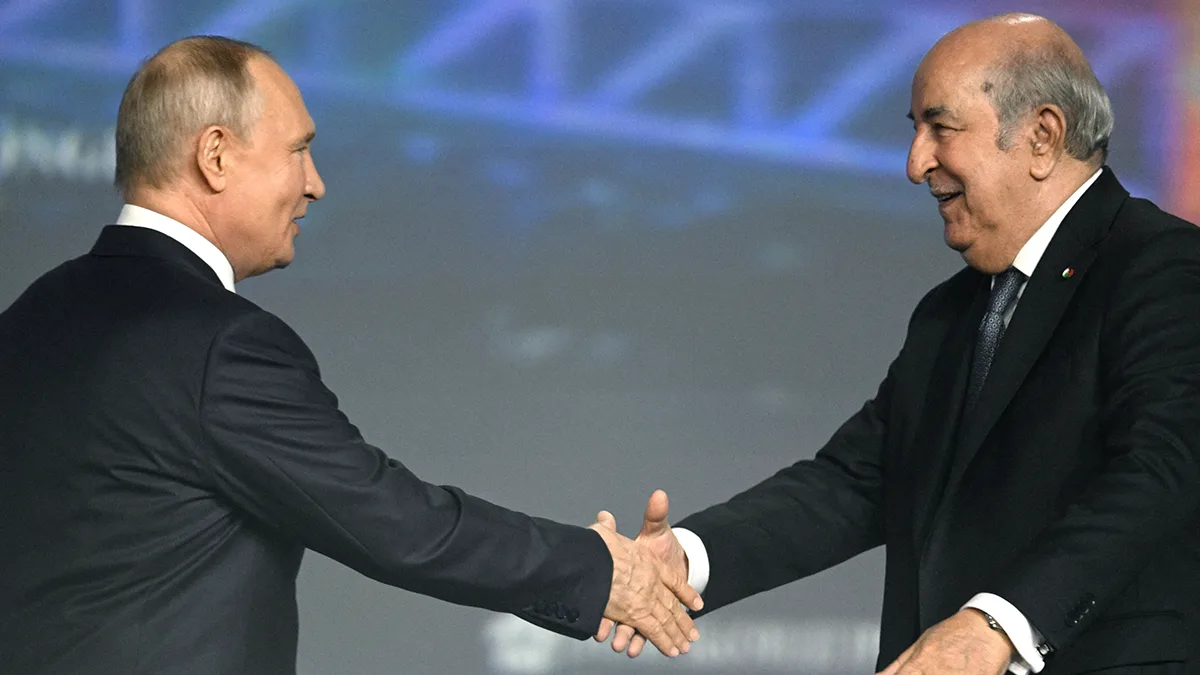
Morocco and Russia have agreed to continue discussions in the coming days over the long-standing Western Sahara dispute, reaffirming their commitment to solutions grounded in international law.
During a press briefing in Moscow on Thursday, Morocco’s Foreign Minister Nasser Bourita reiterated the country’s unwavering position on the issue.
“We are agreed that solutions must respect international law and principles.
However, it is crucial not to instrumentalize or interpret these principles in ways that hinder progress toward a solution,” Bourita said alongside his Russian counterpart, Sergey Lavrov.
Bourita highlighted the enduring nature of the conflict, which has persisted for nearly half a century, noting that recent developments have introduced new dynamics to the international stage.
“It is essential to take into account the momentum generated by His Majesty King Mohammed VI and the shifts in positions of several countries,” he said.
The Moroccan minister also emphasized Russia’s central role in the process, noting its membership in the Friends of Western Sahara group, its permanent seat on the UN Security Council, and its current presidency of the Council.
“Morocco and Russia will continue discussions on this subject in the coming days,” he added.
Speaking alongside Bourita, Lavrov underlined Russia’s support for political and diplomatic solutions.
He stated that his country advocates for resolving all disputes and conflicts in Africa and around the world exclusively through political and diplomatic means, in full compliance with the fundamental principles of international law as outlined in the UN Charter.
The renewed dialogue between Rabat and Moscow comes amid ongoing international attention on the Western Sahara issue, highlighting the pivotal role of major global actors in facilitating progress toward a peaceful resolution.
Both ministers stressed that their discussions are aimed at fostering stability and peace in the region, reflecting a coordinated diplomatic approach between Morocco and Russia on a matter of enduring geopolitical significance.



